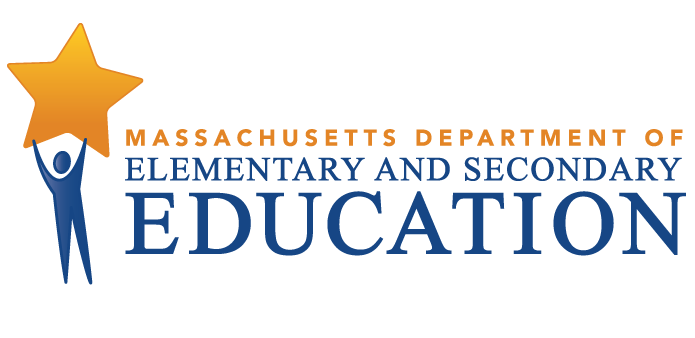The following is from the Massachusetts Department of Elementary & Secondary Education. It was posted earlier this month. SOURCE is sharing as a community resource.
***
[broadstreet zone=”53230″]
BOSTON – As we begin the new school year, I am writing to share with you some important updates about what the Department of Elementary and Secondary Education (the Department) is doing to support students with Individualized Education Programs (IEPs) as schools reopen.
First, though, I want to thank you for your strength in managing the difficult circumstances during this time. You have stepped up in remarkable ways to fill the gaps caused by the sudden closure of schools. We know that, especially for students with disabilities, this was not an easy and smooth transition.
The Department, together with all of our districts and schools, is committed to partnering with you to best support your child to learn and grow this school year. Fall Reopening and Special Education Services
[broadstreet zone=”54526″]
[broadstreet zone=”59946″]
The Department’s goal is to safely bring back as many students as possible, as soon as possible, to in-person instruction and specialized services. By this time, your child’s district has chosen the model of instruction that best meets the needs of the school community. Regardless of the way your child will be receiving instruction – in-person, hybrid, or remote – there are four important things you should know about special education services for the 2020-2021 school year.
- Your child’s special education teacher or administrator will be in touch with you to discuss if and how your child
will receive special education services differently than as written in your child’s IEP. You should receive a letter
as a follow up to that discussion, describing where, when, how, and who will be providing your child’s IEP
services. Your child’s school will provide you with all information in your primary language, using an interpreter
or translator if you need it. - Your input about your child’s progress and needs is valuable, especially as schools and districts work to welcome
children back to school as safely as possible. - Your school and district should fully implement your child’s IEP and provide a free and appropriate public
education (FAPE), regardless of whether your child is learning remotely, in-school, or a combination of both. - Students with disabilities, particularly preschool-age students, and those with significant and complex needs,
have been prioritized for receiving in-person instruction.
The Department recognizes that all children may need some type of additional support to address their educational and social emotional needs. This support will also help them transition successfully to the new way schools will be operating in the 2020-21 school year due to the pandemic.
To address the unique needs of children with IEPs as they re-enter school, the Department has provided Compensatory Services Fact Sheet for Parents. This Fact Sheet is designed to help IEP teams make decisions about any services or support that children with IEPs may need because of the disruption of
in-person instruction due to the COVID 19 pandemic. The Fact Sheet will soon be available in multiple languages http://www.doe.mass.edu/covid19/sped.html
[broadstreet zone=”58610″]
Resources for Families
Your child’s teachers and school leaders will be important partners for you as you support your child to get ready for the reopening of school. You can also work with your Special Education Parent Advisory Council (SEPAC) to strengthen your district’s collaboration with families. Below you will find links for specific information for families of children with disabilities.
• The United States Department of Education’s (USED) Office of Special Education Programs (OSEP) created a Family Resource page which brings together USED’s funded centers, department programs and additional information of interest for parents and families.
• The Federation for Children with Special Needs (FCSN) provides resources and trainings for families and educators. The FCSN has focused their work to address the school reopening process
[broadstreet zone=”59945″]
• The National Center for Pyramid Model Innovations, provides families of young children with resources to help children cope with challenges that may occur during this unprecedented time.
o My Teacher Wants to Know information sheet helps families organize important information that can help your child’s teacher during the reopening process.
o Wearing Masks is a social story to help young children understand the need to wear a mask.
[broadstreet zone=”59948″]
When I meet with my colleagues across the Commonwealth, I often remind them that we are better together. I really believe this. Together, all of us – parents, students, schools, and districts – will do our best to help our children to learn and grow in safe and healthy ways. I am grateful for your partnership.
Best regards,
Russell Johnston
Senior Associate Commissioner and State Director of Special Education
DESE Translations
- Albanian
- Arabic
- Cape Verdean
- Chinese
- French
- Haitian Creole
- Hmong
- Japanese
- Khmer
- Korean
- Laotian
- Portuguese
- Russian
- Somali
- Spanish
- Vietnamese

